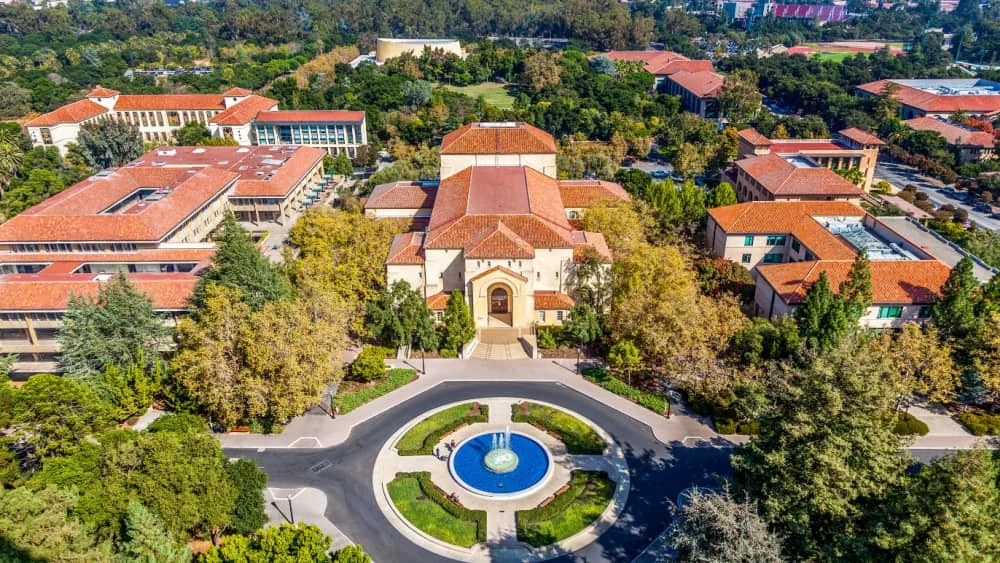On Wednesday, the president of Stanford University announced his resignation, citing an independent review that found flaws in some papers he authored, but cleared him of research misconduct. Tessier-Lavigne has been president for nearly seven years.
Marc Tessier-Lavigne said in a statement to students and staff that he would step down Aug. 31. Tessier-Lavigne, a neuroscientist, says he “never submitted a scientific paper without firmly believing that the data were correct and accurately presented,” but added that he should have been more diligent in seeking corrections regarding his work. Tessier-Lavigne says he’s stepping down because he expects continued debate about his ability to lead the university, but will remain on faculty as a biology professor. Tessier-Lavigne also said he will continue his research into brain development and neurodegeneration.
The resignation comes after the board of trustees launched a review in December following allegations Tessier-Lavigne engaged in fraud and other unethical conduct related to his research and papers. The review assessed 12 papers that Tessier-Lavigne worked on — which were published before Tessier-Lavigne became Stanford president — with five of them in which he was the principal author. Tessier-Lavigne said he was aware of issues with four of the five papers but acknowledged taking “insufficient” steps to deal with the issues. He said he’ll retract three of the papers and correct two.
The panel cleared him of the most serious allegations regarding a 2009 paper published in the scientific journal Nature, which was the subject of a fraud investigation and that fraud was found. The panel ruled there was no investigation and no fraud discovered. H. Holden Thorp, editor-in-chief of the Science family of journals, said:
“People tend to think of scientists as these individuals that they’ve heard of like Einstein and Marie Curie. The truth is that researchers run laboratories filled with people, and everything that happens in that laboratory is a product of many individuals there.” The report cleared Tessier-Lavigne of research misconduct, but Thorp said ultimately the boss is responsible for what happens in the lab – and shouldn’t be distracted by doing other jobs.
Board chair Jerry Yang said that they’ve named Richard Saller, a classics professor, as interim president starting Sept. 1. In a statement, Yang said Tessier-Lavigne was key to creating the university’s first new school in 70 years (Stanford Doerr School of Sustainability) and in 2019, he unveiled a strategic long-range plan that will continue to guide the university’s growth.
Editorial credit: turtix / Shutterstock.com
